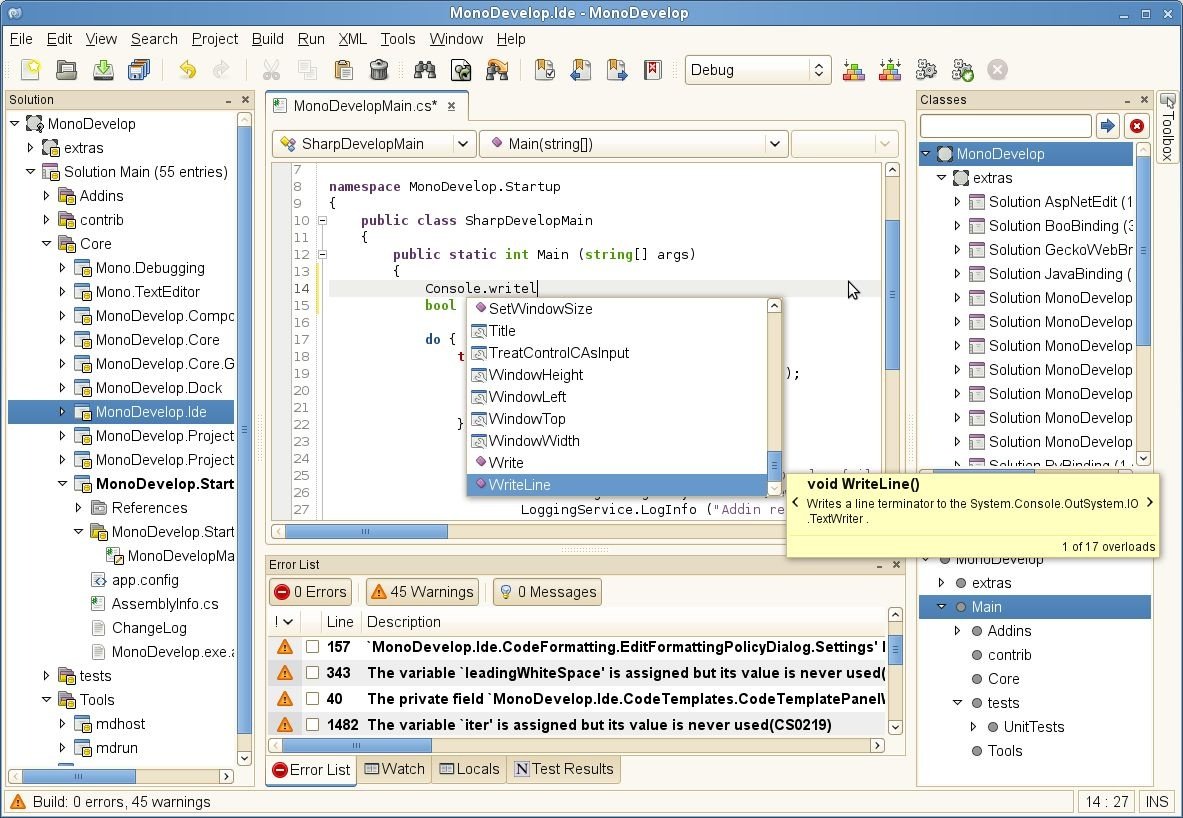- Mac Install Jdk 8
- Jdk 8 Download Mac Os
- Download Openjdk 8 Mac Os 10.13
- Openjdk Mac Download
- Openjdk 8 Download Mac
- Mac Install Openjdk
- Download Openjdk 8 Mac Os 10.10
$ su -c 'yum install java-1.8.0-openjdk' The java-1.8.0-openjdk package contains just the Java Runtime Environment. If you want to develop Java programs then install the java-1.8.0-openjdk-devel package. JDK 7 Debian, Ubuntu, etc. On the command line, type: $ sudo apt-get install openjdk-7-jre. The openjdk-7-jre package contains just the Java. OpenJDK is a production-ready open-source build of the Java Development Kit, version 12.0.2, an implementation of the Java SE 12.0.2 Platform under the GNU General Public License, version 2, with the Classpath Exception. Commercial builds of JDK 12.0.2 from Oracle under a non-open-source license, for a wider range of platforms, can be found at the Oracle Technology Network.
Assumption: Mac machine and you already have installed homebrew. Install cask (with Homebrew 0.9.5 or higher, cask is included so skip this step).
Community Edition 7.2.1Released on September 21, 2020 (Milestones). | Enterprise Edition 7.2.0Released on September 7, 2020 |
WindowsMac OS X
Linux
Eclipse Plugin
Note: plugin is compatible with Eclipse platform (from Neon to 2020-09). Required plugins: gef and draw2d. Checksums | Enterprise Edition features:
|
| Usually we release a new Minor Community Edition version once per two weeks. Major version is released quarterly (every 3 months). Information about previous releases you can find here. | |
Tested and verified for MS Windows 7/8/10, Linux and Mac OS X.
DBeaver requires Java 1.8 or higher. Windows and MacOS installers include OpenJDK 11 bundle.
If you are on Mac OS X and you do NOT use PKG installer then you will need to setup Java.
Note: 3rd-party JDBC drivers may have their own system requirements.

Install:
Windows installer – run installer executable. It will automatically upgrade version (if needed). Installer doesn’t change any system settings or Java installation. Included JDK will be accessible only for DBeaver.
MacOS PKG – just run it and follow installer pages. JDK 11 is included (and will be accessible only for DBeaver).
MacOS DMG – just run it and drag-n-drop DBeaver into Applications. Make sure you have Java installed. On reinstall do the same (your settings won’t be lost).
Debian package – run sudo dpkg -i dbeaver-<version>.deb. Then execute “dbeaver &”.
RPM package – run sudo rpm -ivh dbeaver-<version>.rpm. Then execute “dbeaver &”. Note: to upgrade use “-Uvh” parameter.
ZIP archive – extract archive and run “dbeaver” executable. Do not extract archive over previous version (remove previous version before install). Java must be installed separately.
Mac Install Jdk 8
Upgrade – don’t be afraid to remove previous DBeaver version – your settings won’t be lost. All settings are kept in the separate folder (DBeaverData in user home)
Java notes: if you use Windows or MacOS installer then you don’t need to install Java. Otherwise you will need to setup Java separately. Java 1.8+ must be the default Java version. To validate this run “java -version” in terminal window.
Debian repository:
Ubuntu PPA:
You can use PPA repository to easily install/upgrade DBeaver on Debian Linuxes. Mostly it is the same as regular Debian repo but it is hosted on Launchpad.
32-bit support:
32-bit versions have been obsoleted in version 6.0.1 and later (because both Java and Eclipse platform no longer support 32 bit).
If you need 32-bit version of DBeaver then you can download version 6.0.0 or earlier.
Jdk 8 Download Mac Os
Early Access:
Download Openjdk 8 Mac Os 10.13
You may get latest build (EA version) of DBeaver. Usually it contains all major bug fixes found in current stable version. Just choose the archive corresponding to your OS and hardware from the following folder: EA version downloads.
Source code:
Community Edition sources, issue tracker, older releases, etc: https://github.com/dbeaver/dbeaver
Archive:
Openjdk Mac Download
All recent DBeaver versions are available in the archive.
CloudBeaver
DBeaver is desktop application.
If you are looking for a web-based database management system – please check another of our products: CloudBeaver.
Openjdk 8 Download Mac
It is also open-source and free.
Mac Install Openjdk
If you would like to learn Java programming, the best way is by writing Java codes by yourself. To compile the Java codes then you need Java Development Kit (JDK). It can be Oracle JDK or OpenJDK. This post guides you how to install Oracle JDK 8 on Mac OS X 10.10 Yosemite. It should be also applicable for previous version of OS X such as OS X Maverick, Mountain Lion, and OS X Lion. At the time of this post written, the latest version of JDK is JDK 8 Update 25.
Download Openjdk 8 Mac Os 10.10
Basically I previously had written an article how to install Java SE 7 / JDK 7 on Mac OS X Lion. I just would like to rewrite on the newest version.
1. Download Oracle JDK 8 from Oracle website. You need to accept license agreement to be able to download the file. Make sure you select the Mac OS X x64 platform (jdk-8u25-macosx-x64.dmg).
2. Double-click the downloaded file ‘jdk-8u25-macosx-x64.dmg’ and follow the on-screen installation.
3. Once it is successfully installed, it is installed inside /Library/Java/JavaVirtualMachines folder.
4. Verify that the system is now using JDK 8.
5. If you would like to uninstall JDK 8, simply remove the jdk1.8.0_25.jdk
Hopefully this tutorial helps you on installing JDK 8 / Java SE 8 on Mac OS X 10.10 Yosemite.



